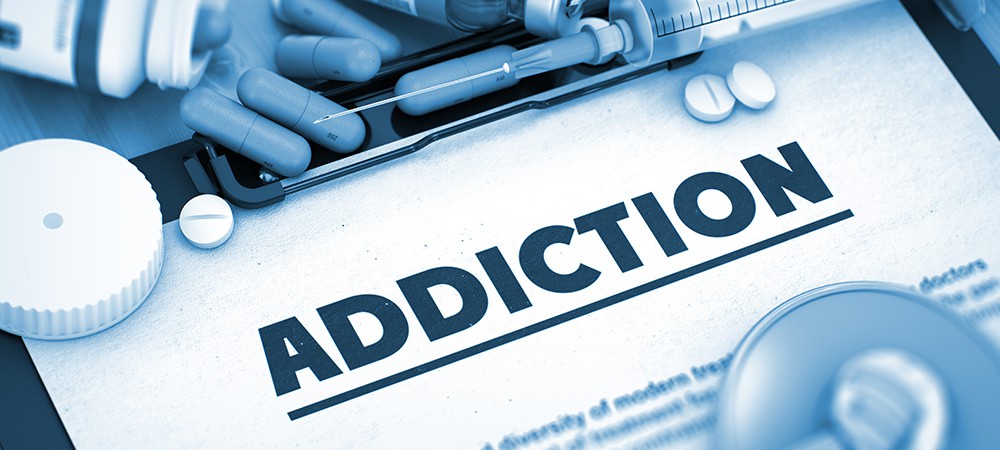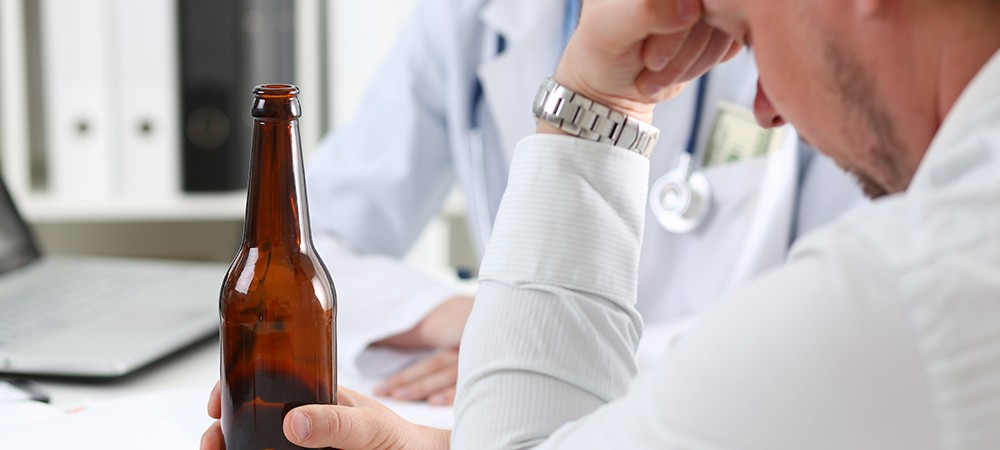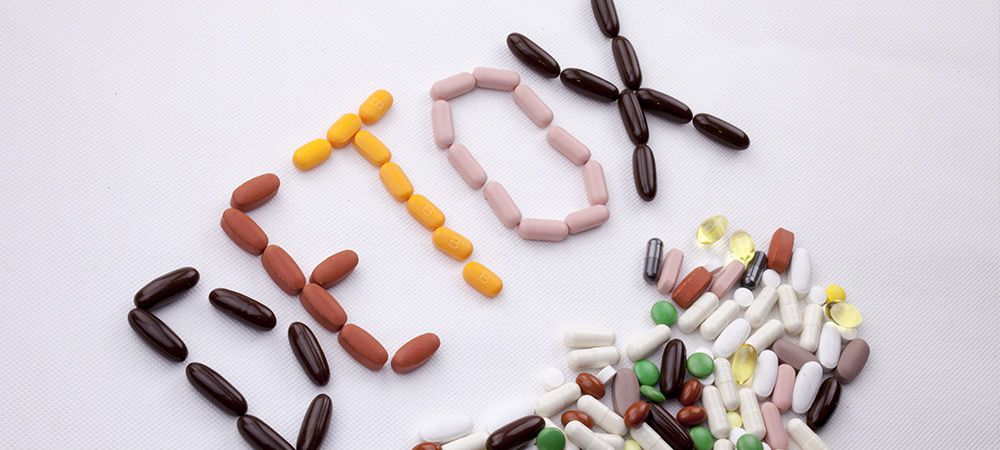
Medical Detox from Drugs and Alcohol
Addiction happens when a behaviour is repeated over and over. It begins with one exposure to drugs or alcohol. After that first use, the body becomes addicted and the brain wants more. This leads to even more frequent use as the body builds up a tolerance.
If that cycle is not broken, the individual will become both physically and psychologically dependent on the substance. Brain chemistry is actually altered. Because of that, it is essential to intervene as soon as the substance abuse begins.
Therapy and group counselling are critical to get someone to quit. When they finally do stop consuming the substance, they enter a phase in treatment known as drug detox, or detoxing.
Medical Detox
Medical detox is withdrawal that is managed by a medical professional. It is the first step in rehabilitation at a centre or hospital, or at home. In most cases, it should not be attempted without supervision by a healthcare provider.
During drug detox, the body is cleared of all addictive substances. This is very hard on the body and it can be extremely dangerous. Medical detox is safer than unsupervised withdrawal, because it is managed throughout by a medical practitioner.
The team is typically led by a physician and is made up of nurses, clinical staff, and therapists. Some centres also employ nurse practitioners, physician’s assistants and dieticians to deliver medical care during drug detox.
Addiction is like any chronic condition that needs medical intervention, like diabetes or asthma. Treatment should begin when the symptoms first appear. After diagnosis, a plan is put in place. Like any disease, addiction must be treated. That begins with medical detox.
Why Medical Detox?
Addiction starts out with one drink, or one use of drugs like opioids. It is a chronic condition that needs to be managed, and the only way to safely do that is with medical detox.
Addiction occurs in the body first, and then the brain. Individuals will become addicted physically first, then psychologically. The longer people wait to start intervention, the harder it is to manage the addiction. Seeking help at the earliest stage of the addiction is critical and this will include medical detox.
Someone with a physical dependence may display several symptoms that include the following:
- using the addictive substance in large amounts
- having taken the substance for a long period of time
- having built up a tolerance (need increasingly more to get drunk or high)
- experiencing stronger cravings
- having already tried to quit
Patients should seek medical intervention if they display any of these signs. Seeking treatment will help keep the patient safe through the dangerous withdrawal symptoms, and it will make treatment more comfortable.
There are two types of medical detox: outpatient and inpatient. With the former, the individual lives at home for the duration of the treatment, and with the latter, they spend some time living at the centre or the hospital.
Medical Detox from Prescription Medications
Prescription drugs like opioids are highly addictive and there is a strong likelihood of becoming dependent on the substance. Opioids chemically alter the brain and trigger the pleasure centre, causing a feeling of happiness and blocking pain. The same is true of other medications like Percocet, Vicodin and OxyContin.
Withdrawal symptoms from prescription medications include:
- rapid heart rate
- muscle aches and spasms
- insomnia
- runny nose
- nausea and vomiting
- abdominal cramps and diarrhea
- anxiety
- depression
- irritability
- chills and sweating
During medical detox, other medications may be used to slowly wean patients off of these prescription drugs. Withdrawal symptoms can be very uncomfortable, and in unsupervised people, they may even lead to cardiac arrest.
Medications used for drug detox for prescription medications include Methadone, Naltrexone, Vivitrol, and Suboxone.
Medical Detox from Alcohol

As a result, alcohol withdrawal symptoms can include:
- increased heart rate
- an elevation in body temperature
- high blood pressure
- anxiety
- tremors
Alcohol withdrawal can be fatal, especially in its most dangerous forms. During medical detox, healthcare teams use medications like Campral, Antabuse, Naltrexone, Methadone, Naltrexone, Vivitrol, and Suboxone. They are used to mimic the effects of alcohol in the body and safely wean the individual off the alcohol.
Medical Detox from Illicit Drugs
Drugs like heroin, cocaine, and methamphetamines can be even more addictive than prescription medications, and detoxing from them is challenging. Withdrawal is often painful and can last for weeks, but doctors can prescribe medications to minimize discomfort and help wean the patient from the substance slowly.
Withdrawal symptoms include:
- rapid heart rate
- nausea
- abdominal pain
- sweating
- shaking
- nervousness
- agitation
- depression
- muscle spasms
- cravings for drugs
Illicit drugs create a feeling of euphoria, and they provide relief from pain. That is why they are so addictive, and drug detox is so challenging to manage. Medications that are safer are administered in a secure environment to reduce withdrawal symptoms.
Medications used to facilitate safe medical detox from illicit drugs include Methadone, Buprenorphine, Naltrexone, and Suboxone. This type of drug detox is extremely risky and should only be attempted under the supervision of a medical practitioner.
Getting Help
Individuals who become addicted to drugs or alcohol often suffer from depression and anxiety as well. Patients use drugs and alcohol to treat those conditions on their own. They suffer from a dual diagnosis of addiction and mental health disorder. Medical detox followed by addiction treatment is the safest and most effective way to treat these coexisting conditions.
When a patient seeks out treatment at Thousand Islands Rehab Centre, our team will create a plan that is designed specifically for that person. The plan is based on individual factors, such as which substances have been abused and for how long, and the person’s medical and psychological profile. We offer full medical detox, comprehensive addiction treatment, and aftercare services. Contact us today to find out more, or to book your spot in our detox and rehab facility.


